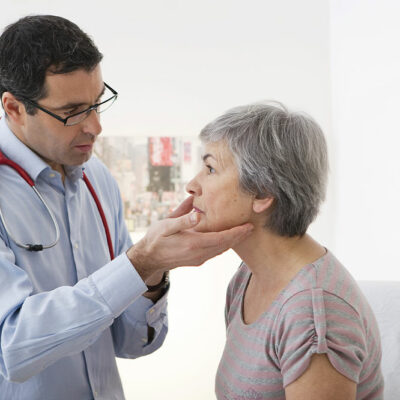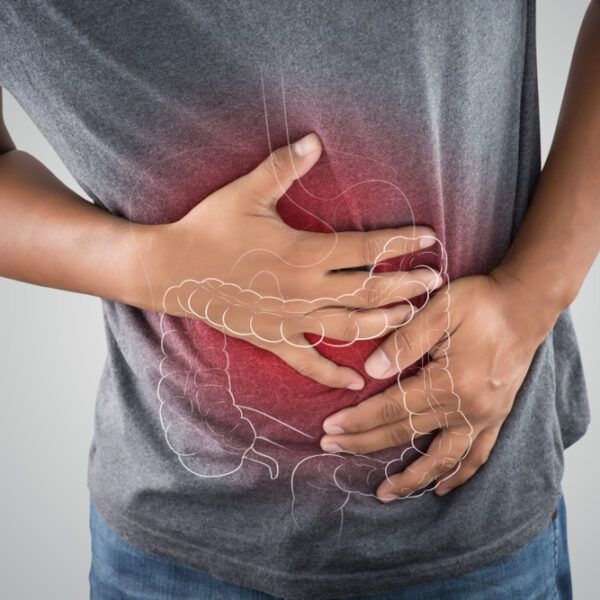
4 tips to manage multiple myeloma
Multiple myeloma is a disease that develops in the white blood cells, called plasma cells, which produce antibodies to fight infections. But in the case of multiple myeloma, these cells cannot carry out such functions, and they accumulate in the bone marrow, leaving no space for healthy blood cells. Doctors suggest specific treatment options for those with multiple myeloma.
Read More 







